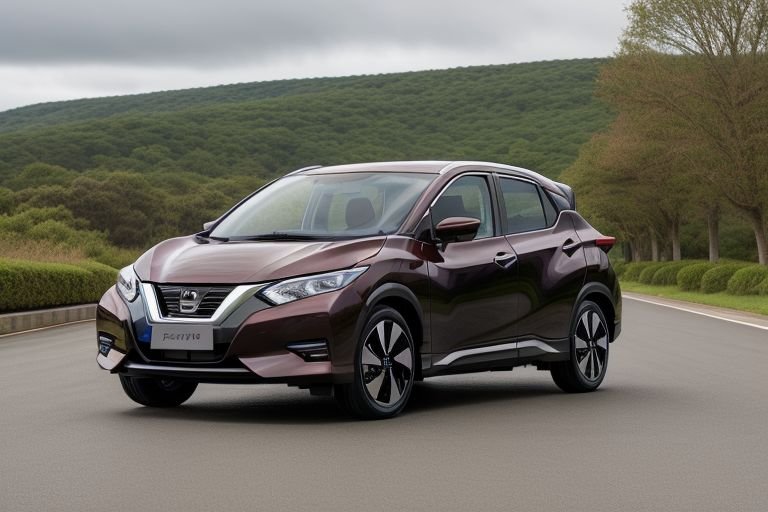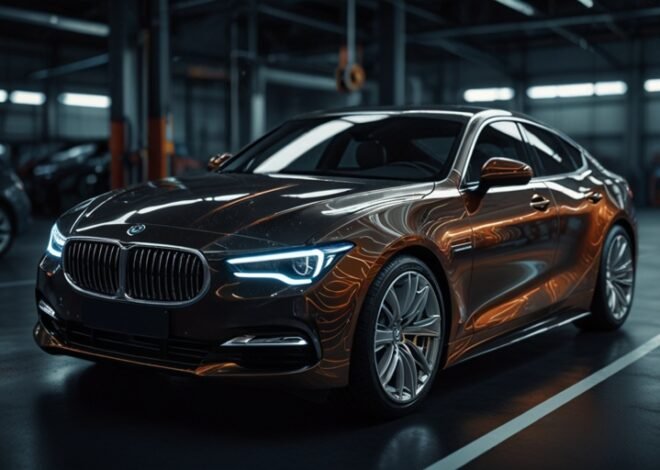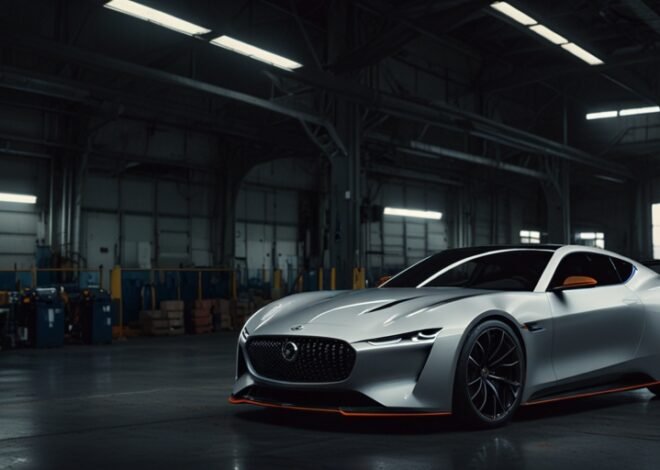
Nissan And Honda Team Up For EV Platform
A new revelation that is expected to alter the strategic direction of the auto industry in Japan is two leading auto manufacturers, Nissan Motor Co. and Honda Motor Co., today unveiled a partnership that underlines the development of a common EV platform at the Tokyo Auto Show. The partnership between two major Japanese car makers has not been witnessed before and is said to enhance both company’s efforts on shifting to electric vehicle technology and improving the companies ‘foresight and know-how in the global market.
The joint platform, codenamed “E-Alliance,” will serve as the foundation for a range of electric vehicles from both manufacturers, spanning various segments from compact cars to SUVs. The companies said that the first vehicles based on this common architecture will be introduced to the market no later than 2027, starting with Japanese and overseas plants.
Makoto Uchida, Nissan chief executive, and Toshihiro Mibe, Honda chief executive, both explained the new partnership by saying that they have no other choice given the pace of changes in the market. “The automotive world is undergoing a once-in-a-century transformation,” Uchida said. “By combining our strengths and resources, we can accelerate innovation and bring high-quality, affordable electric vehicles to consumers faster.”
The e-Alliance platform will incorporate advanced technologies from both companies, including Nissan’s expertise in electric powertrains and Honda’s prowess in vehicle dynamics and safety systems. The cooperation will therefore also target new battery technology for electric vehicles, and self-driving systems – fields in which both corporations have been active as of late.
Almost all the exact terms of the tie-up have not been made public, but business experts put the potential value of such a partnership to both companies where they could run into billions by eliminating the need for costly research and development. “This alliance is a smart move for both Nissan and Honda,” said Koji Endo, an auto analyst at SBI Securities. “It allows them to share the enormous costs of EV development while maintaining their individual brand identities.”
The announcement was made at the time when Japanese auto giants are feeling heat to come up with competitive electric vehicles. Where once Japanese carmakers dominated the electric vehicle segment with high-efficiency hybrids such as the Toyota Prius, they have been subjected to criticism for not pushing fully electric vehicles as hard as firms from the US like Tesla or Volkswagen, or Chinese manufacturers.
The E-Alliance platform. So, the new generation of vehicles can come in various sizes and different types of bodywork. Both firms pointed out that though they will standardize the technology, the brands will retain their design and vehicle identities. “Customers can expect the same level of quality and innovation they’ve come to associate with Nissan and Honda, but with the added benefits of shared technology and economies of scale,” Mike explained.
The partnership has been applauded by environmental lobbies as a big stride in the protection of the environment, especially in the transport sector emission of carbon. The Japanese government, which aims at cutting CO2 emissions with a goal of achieving carbon neutrality by 2050, endorsed the idea. “This partnership demonstrates the innovative spirit of Japanese industry and will contribute to our nation’s goals for a sustainable future,” said Yasutoshi Nishimura, Minister of Economy, Trade and Industry.
The two firms’ partnership will create a new research and development hub in Yokohama with engineers and designers from the two firms. This main centre will the host for the E-Alliance platform and is expected to use more than 5,000 people by 2025.
Although the partnership is centered on electric vehicles, Nissan and Honda made it clear that both will try to develop their own strategies in other fields, such as hybrid systems and hydrogen fuel cell technology. “This partnership complements our existing efforts and allows us to accelerate our EV programs without compromising other important initiatives,” Uchida noted.
The stakeholders have responded well due to a blend of shock and amazement in the automotive industry. “This is a bold move that could reshape the competitive landscape,” said Ferdinand Dudenhöffer, director of the Center for Automotive Research in Germany. “It shows that Japanese automakers are serious about catching up in the EV market.”
Over the next few days of the Tokyo Auto Show, it will be quite hard not to hear or read a lot about the new alliance between the two automakers, Nissan and Honda. By so doing, the two firms have blurred the line between cooperation and, more importantly, have a clear message on the future of mobility not only in Japan but across the globe. Almost like a ‘Great Digital Transformation’ going on in the global automobile sector, this alliance may go down in history as the point where car manufacturers from Japan shifted gears from their traditional routes to being part of the EV era.


